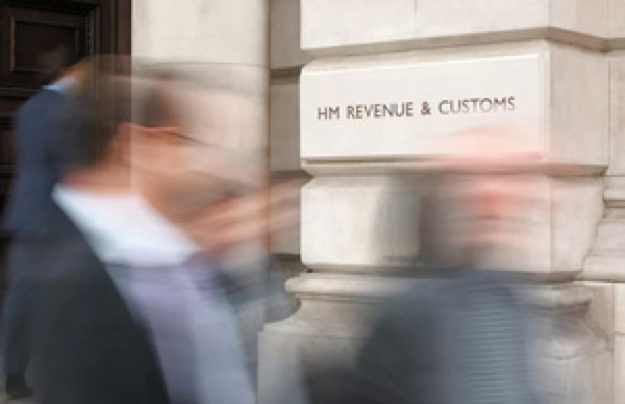Getting through to HMRC isn’t always plain sailing. There are number of different channels and services available for contacting HMRC, including telephone, online contact options and post. The Institute of Financial Accountants (IFA) offers a brief guide to HMRC’s communication channels to effectively engage and source information and achieve answers to queries.
How to contact HMRC
Fundamentally, HMRC provide a digital self-help library, alongside webchat, email, post, telephone lines and dedicated helplines, and phone numbers reserved for your accountant or tax agent. Often, using your accountant will secure you the quickest response, although you can of course approach HMRC yourself. Whatever your query, it is essential that you select the most appropriate department, and these can be identified on the HMRC contact page.
Digital services
Simple, straightforward queries such as updating your personal details can be done through your Personal Tax Account or your Business Tax Account, and making your own changes is by far the quickest solution. If you do have to contact HMRC however, they provide a range of digital services to access information. Webchat is by far the most efficient, and also has a longer range of opening hours. SMEs may also wish to register for the Employer Bulletin, HMRC’s primary online platform for providing key information and updates to employers and payroll agents.
As a back-up, one of the most underutilised contacts is HMRC’s “Where’s my reply?” form. This helps you to find out when to expect to get a reply from HMRC to a query or request made for income tax and self-assessment.
Complex queries
Where it is necessary to call HMRC to discuss a complex case, you are likely to get a quicker response by using your accountant. SME accountants can use the agent-dedicated line, to discuss complex queries that cannot be resolved through the use of HMRC’s digital channels.
Queries regarding progress chasing, requests for pay, and tax and employment history information and SA302 information will not be handled by the advisers on this line. Should an accountant or agent be unable to resolve a client’s issue, they may use the Agent Account Manager Service (AAM). The AAM acts as a single point of contact, pre-complaints channel to help resolve any ongoing client-specific problems when the usual escalation processes within HMRC have failed. The AAMs mediate with the business area to reach a satisfactory conclusion.
Where an agent believes there is a potential systemic issue impacting other firms, a solution may be available or the issue can be highlighted, in addition to reporting the issue by Webchat or to the Contact Centre, by accessing the Working Together Online Agent Forum. This provides a platform for multiple agents to report potential widespread issues, i.e. non-client specific, for HMRC to investigate and resolve.
Agents and accountants can also ask the IFA to raise significant areas of concern through the HMRC forums on which they represent members, such as the Agent Support Group and Charter Stakeholder Group.
Tax guidance
GOV.UK – as with all other government departments – is HMRC’s primary hub of services and information, including guidance to help customers pay the correct tax. Tax guidance can sometimes be complex in nature and where an HMRC customer believes there may be an error or omission, or the clarity of the content can be improved, they can complete the short contact form at gov.uk/contact/govuk. HMRC will respond to content suggestions if a reply is requested.
Technical issues
For businesses using an accountant, there is plenty of supporting information on GOV.UK, through a range of Agent Toolkits and highlighted by articles in Agent Update, and dedicated Agent Talking Points Webinars. These webinars also provide agents with the opportunity to submit questions for presenters to answer. Agents who’d like a specific topic to be covered in Agent Update or Agent Talking Points should email requests to team.agentengagement@hmrc.gov.uk.
Unresolved matters
Where issues remain unresolved, agents can consider whether this aligns with the HMRC Charter; this can be found by searching for ‘HMRC Charter’ on GOV.UK. HMRC welcomes any feedback about interactions with them and how they have performed against the charter; by emailing HMRC.Charter@hmrc.gov.uk.
Complaints
Businesses can also consider whether to complain to HMRC. Details of how to lodge a complaint are available at gov.uk/complain-about-hmrc.
HMRC constantly reviews how to answer queries as effectively as possible and continues to work with professional accounting bodies on ideas and suggestions provided to improve services to support both businesses and agents.
Written for SMEToday but IFA https://www.ifa.org.uk


